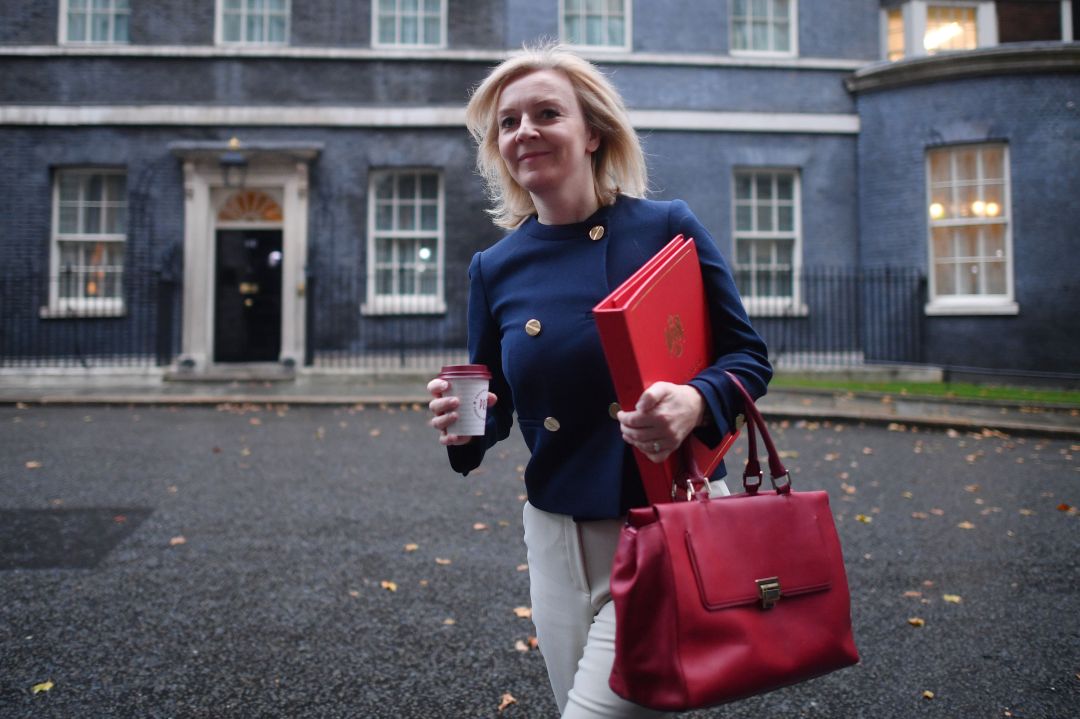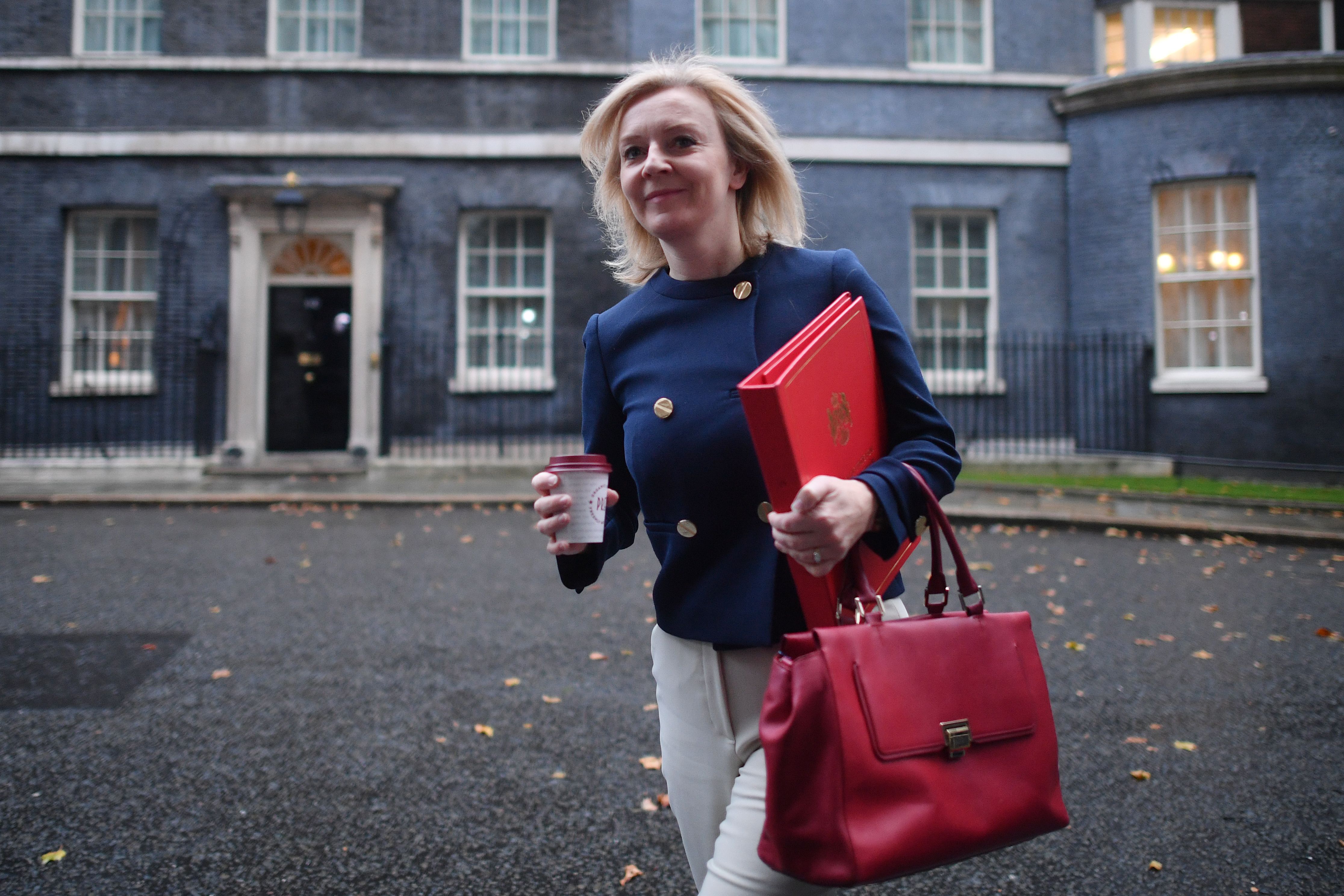The concept of equality has been redefined, at least according to the minister responsible in a speech last week. But on closer inspection, the government has still not unshackled itself from all the entrenched assumptions of the more collectivist understanding of fairness. Liz Truss’s speech marked a break from identity politics, with its pernicious division of society into victims and their oppressors, but it left untouched two other linked ideas.
The first is social determinism: the idea that outcomes such as poverty are the result of social and economic forces beyond individual control. The second is faith in the ability of government to transform these external forces. Both ideas leave little space for personal responsibility and ignore the power of individuals to succeed against the odds.
The government wants to encourage individual agency but Truss repeatedly assumed that outcomes such as unemployment and low income are the result of barriers to human agency. Sometimes they are the result of free agents making bad choices. Truss said: ‘There are still too many cases where your destination in life is decided by where you started it’. In truth, there are hardly any such cases. People from widely different circumstances manage to succeed, including those who are born with many disadvantages.
Some problems cannot be solved without the full-hearted commitment of the individual
The problem with deterministic theories is that they encourage personal fatalism. The government has seen the danger in race-based theories that view people as having an inherited identity that determines everything of importance about them. Encouraging people to see themselves as victims merely because of their skin colour is defeatist in the extreme. But all deterministic theories promote defeatism. Of course, relative failure in life can be the result of barriers, but usually it’s the result of how we have chosen to live. Today it is still common for American parents to teach their children that they can be anything they want if they are willing to work hard. Until recently so did most British parents. Some still do, but many don’t.
The government’s Equality Hub is going to examine barriers for all, not just those with ‘protected characteristics’ (a term of art defined in the Equality Act), and the government will deliver what it calls a new ‘life-path’ analysis from the standpoint of individuals, not groups. But not only does it remain in thrall to a theory that views unfavourable individual outcomes as the result of barriers, but it also takes it for granted that it’s up to the government to remove the obstacles. The government should always do everything in its power to help people in difficulties, but government is not the cause of every outcome and, if its actions undermine personal responsibility, it will make matters worse.
We had a similar debate in Western countries in the 1990s when welfare dependency was a common concern. One of the leading studies of the time was carried out by the American Enterprise Institute to try to understand the root causes of poverty. It concluded that anyone wanting to avoid poverty should do three things: do your best in school and embark on life with a workplace skill; get a job and keep one; and, if you are going to have children, get married and stay married (even if not on the first try, as the report put it). People who had done these simple things, all of which were under personal control, were hardly ever poor.
Some problems can’t be solved without the full-hearted commitment of the individual. Giving up smoking is an obvious example. The government can give away nicotine patches on the NHS but nothing will change without individual determination to quit. The same goes for overcoming alcoholism and drug addiction, both closely correlated with poverty. Of course, the reply comes that such addictions are the result of — rather than the cause of — poverty. But such an argument does not absolve the notion of personal responsibility. People in desperate economic circumstances are still able to kick their habits, and many do.
Low income belongs in the same category. There are many reasons for low income, and it is true that some people have simply been unlucky, but a government strategy that is not based on personal responsibility is bound to fail. For those doubting the effects of personal choice on wealth, look to research carried out in the US where it was found that 70 per cent of second-generation inheritors had lost their family wealth, rising to 90 per cent by the third generation. Are we to believe that such people were destined to lose their wealth by deterministic social forces? Or is it more likely that they made poor choices, in spite of the best efforts of their family? And here lies a special challenge for the Conservatives. Traditionally they were defenders of the ideal that couples should pledge lifelong loyalty to each other and their children, that the family is the greatest engine of social security and prosperity. Children thrive when both parents are devoted to the well-being of their children.
To have the commitment of two adults rather than one also reduces the chances of being poor. Your chances of going to university are 23 per cent higher if your parents are married at the time of birth, while you’re 16 per cent less likely to ever have to rely on benefits. Indeed, low income is more likely when one person tries to raise children when it takes two to earn a living and provide parental care. The Marriage Foundation has found that the children of unmarried rich parents are almost as likely to end up on benefits as those of poor parents. Of course, in some cases, the parent who is coping alone has been abandoned or bereaved, but again it is often down to personal choice. It is very striking that among middle-class people with children there are relatively few single parents. Alison Wolf in her influential book, The XX Factor, found that only one in 30 British mothers with a bachelor’s degree or higher was single at the time of birth, whereas around half of all births are outside marriage. And she noted that graduate couples dedicated the most time to their children and invested both time and worry in their children’s education.
They know only too well that, if you want to combine raising children with a good standard of living, it’s best to get married and stay married (at least until the children have grown up).
A whole generation of political leaders has got used to speaking about poverty as the result of barriers and avoiding judgement of lifestyle choices that are widely recognised as harmful. The government has renounced the idea that we are members of victim groups that determine our position in life, but it clings to the idea that we are the victims of social and economic barriers. The next step should be to better understand the inspiring stories of the many individuals born to low incomes, in homes that placed little value on education, perhaps surrounded by disorder and crime, who nonetheless triumphed over all obstacles.
A free society is not just one without barriers, it’s one in which we expect a lot of each other, for good reason.







Comments